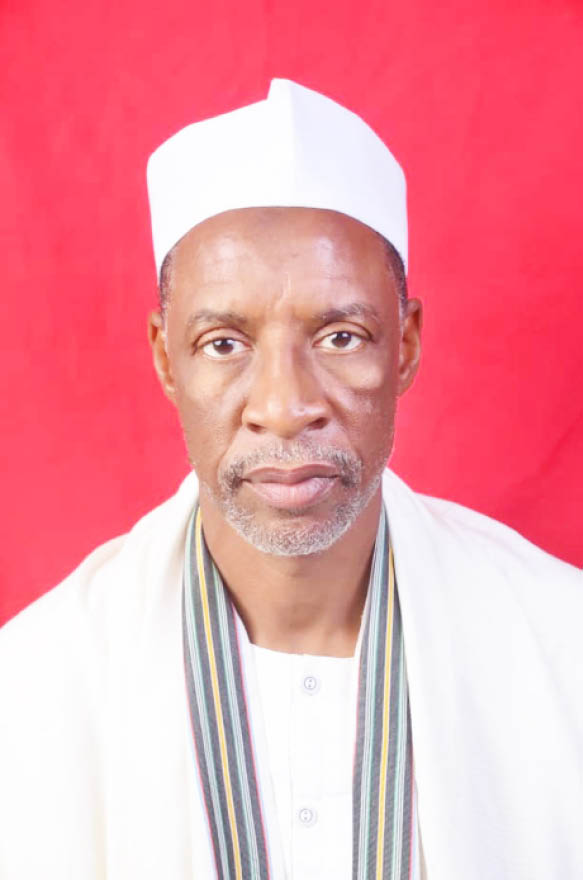Kano must build upon the glorious past to stay relevant in politics – Fage
Renowned political scientist, Professor Kamilu Sani Fage of the Department of Political science, Bayero University, Kano (BUK), has said for Kano to remain relevant in national politics, the actors must learn from building upon the glorious past. Fage made this known while delivering a paper presentation at a public lecture marking Nigeria’s 64th independence held […]

prof. kamilu sani fage
Renowned political scientist, Professor Kamilu Sani Fage of the Department of Political science, Bayero University, Kano (BUK), has said for Kano to remain relevant in national politics, the actors must learn from building upon the glorious past.
Fage made this known while delivering a paper presentation at a public lecture marking Nigeria’s 64th independence held at Coronation Hall, Government House, Kano.
Discussing the theme, “Nigeria’s Independence and challenges of leadership: Repositioning Kano for brighter future,” he said given Kano’s vintage socio-political foundation, one will remain baffled if given the democratic dispensation as obtain in the country, Kano will not still remain politically relevant in Nigerian politics since democracy is a game of numbers.
“For this to happen, a lot needs to be done. This includes learning from and building upon the ‘Glorious Past’. The extent to which Kano will continue to be a pacesetter in our national politics is largely not dependent on wishful thinking nor by glorifying the past with nostalgia. Rather, it depends on deliberate effort to learn from and build upon the “glorious” past.
- 4 teenagers drown in Jigawa pond
- Ganduje, Gov Yusuf ‘test strength’ with support to families of slain Police officers
“In other words, to reposition Kano for a brighter future, its leaders have to objectively examine what made it a pacesetter in the past and today and then build upon it. One of the reasons why Kano was able to determine the tempo of Nigerian politics was that it had produced the likes of Aminu Kano, Murtala Ramat Muhammad, Sani Abacha to mention but a few.
“The lesson to be learnt therefore is that the success of our present leaders in Kano state rest solely in their willingness to transcend individualistic boundaries, eschew bitterness and imbibe the spirit of accommodation, close rank among themselves and forge a common front to convert the social problems threatening the existential human values of their people namely poverty, hunger, ignorance, backwardness among others.”
He added that political and leadership strategies — the extent to which any state can be effectively repositioned is largely a function of transformational leadership – an inspiring, committed and enthusiastic leadership that is willing to make it work.
“Given their vantage position of power and authority, the leadership must spearhead the move for the repositioning of the state to the glorious past. This they can achieve by taking a number of measures; political will, self cleansing, discipline, economic empowerment, respect for the rule of law, political empowerment of the people, functional education and promoting equity, justice, peace and harnessing potentialities.
Although the topics address national issues, its specific focus on Kano State is highly relevant. States are the building blocks of Nigeria’s federal structure, and the progress of individual states contributes to the overall success of the nation. By repositioning Kano State to address leadership and governance challenges, it sets an example for other states on how to create a model of good governance that can be replicated nationwide. It allows for local solutions to be proposed, contributing to national growth.
On his part, Governor Abba Kabir Yusuf said while the future of Nigeria is deeply linked to the development of its states, a brighter future for Kano can serve as a small scale version of the broader national aspiration for a prosperous Nigeria.
Represented by the Commissioner of information, Baba Halilu Dantiye, the governor said, “By addressing state level challenges in leadership, education, health, and infrastructure, these topics emphasize the importance of localized governance as a stepping stone to national success.
“Repositioning Kano State for a brighter future links into the idea that Independence Day is not just about reflecting on the past, but also about looking ahead. It underscores the importance of creating a sustainable and progressive state where good governance, rule of law, and inclusivity are prioritised.
“As we commemorate 64 years of independence, it is vital to appreciate how far we have come, but more importantly, to chart a course for the future. We must recognize that democracy is a journey, and the success of that journey is largely dependent on the quality of leadership at every level – national, state, and local government. We in Kano State are fully committed to playing our part in strengthening the democratic process and building institutions that foster good governance.”
